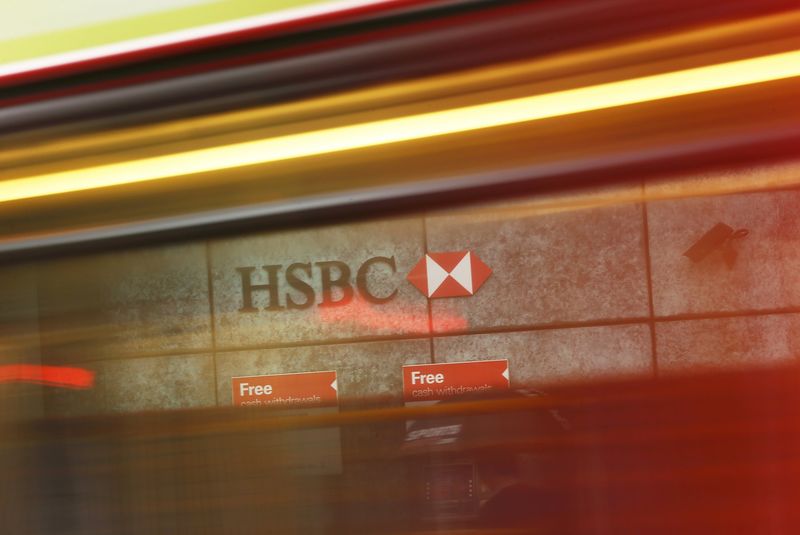By Geoffrey Smith
Investing.com -- HSBC (LON:HSBA) has agreed with the Bank of England to buy the U.K. operations of Silicon Valley Bank (NASDAQ:SIVB) for one pound, following the collapse of its U.S. parent last week.
SVB, with $209 billion in assets, was the second-biggest bank failure in U.S. history, and its collapse last week sent shudders through the U.S. financial system. Over the weekend, the U.S. Treasury, Federal Reserve, and Federal Deposit Insurance Corporation had put together a bailout package that essentially protected all of Silicon Valley Bank's depositors, including those with assets above the federally-guaranteed $250,000 limit.
The Bank had taken control of SVBUK after its U.S. parent fell victim to a run by depositors after reports of heavy losses on its bond portfolio that wiped out a large part of its capital.
"The Bank and (His Majesty's Treasury) can confirm that all depositors’ money with SVBUK is safe and secure as a result of this transaction," the Bank said in a joint statement with the Treasury. "SVBUK’s business will continue to be operated normally by SVBUK. All services will continue to operate as normal and customers should not notice any changes."
"No other U.K. banks are directly materially affected by these actions, or by the resolution of SVBUK’s U.S. parent bank," the BoE said. "The wider U.K. banking system remains safe, sound, and well capitalized."
For HSBC, the deal gives it access to an operation that made £88 million (£1 = $1.2105) of profit on a loan book of £5.5B last year.
"This acquisition makes excellent strategic sense for our business in the U.K.," said HSBC chief executive Noel Quinn. "It strengthens our commercial banking franchise and enhances our ability to serve innovative and fast-growing firms, including in the technology and life-science sectors, in the U.K. and internationally."
In contrast to the U.S. action, the resolution of SVBUK will not need underwriting by taxpayers.
The authorities had also taken the decision to close Signature Bank (NASDAQ:SBNY), another lender that had suffered a run on its deposits, and to make emergency lending available to other 'eligible' lenders that might suffer similar pressure on their deposit bases. As with SVB, Signature Bank's depositors will all be made whole, although bond and stockholders are expected to take losses.
Silicon Valley Bank was known for financing technology startups, which had had to run down their cash balances as higher interest rates caused the supply of - previously abundant - venture capital to dry up. By contrast, Signature Bank was known for acting as banker to the crypto industry, and its SigNet payments network - which facilitates payments by crypto platforms to and from the fiat currency space - had come under particular scrutiny after the collapse in November of FTX. Short-sellers such as Marc Cohodes had accused the bank of money laundering, allegations it had denied.
The authorities had justified their intervention as a measure to stop contagion, preferring not to test the robustness of regulations that were put in place after the 2008 crisis. Some of those regulations, enshrined in the Dodd-Frank bill, had subsequently been watered down in 2015 under pressure from the banking industry, with SVB's CEO Greg Becker prominent among those lobbying the Senate for its business not to be too closely scrutinized by the Federal Reserve.
Barney Frank, one of the authors of the Dodd-Frank bill, had joined Signature Bank as a director in 2015 after leaving Congress.
